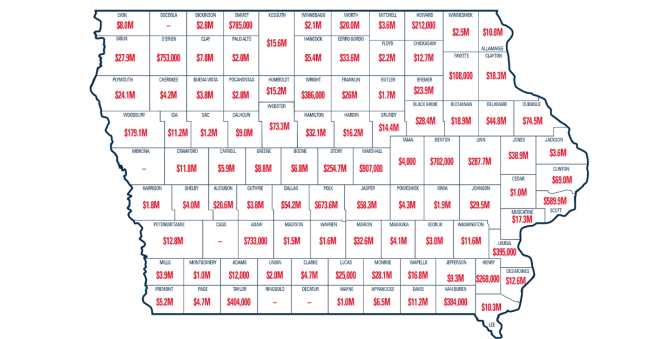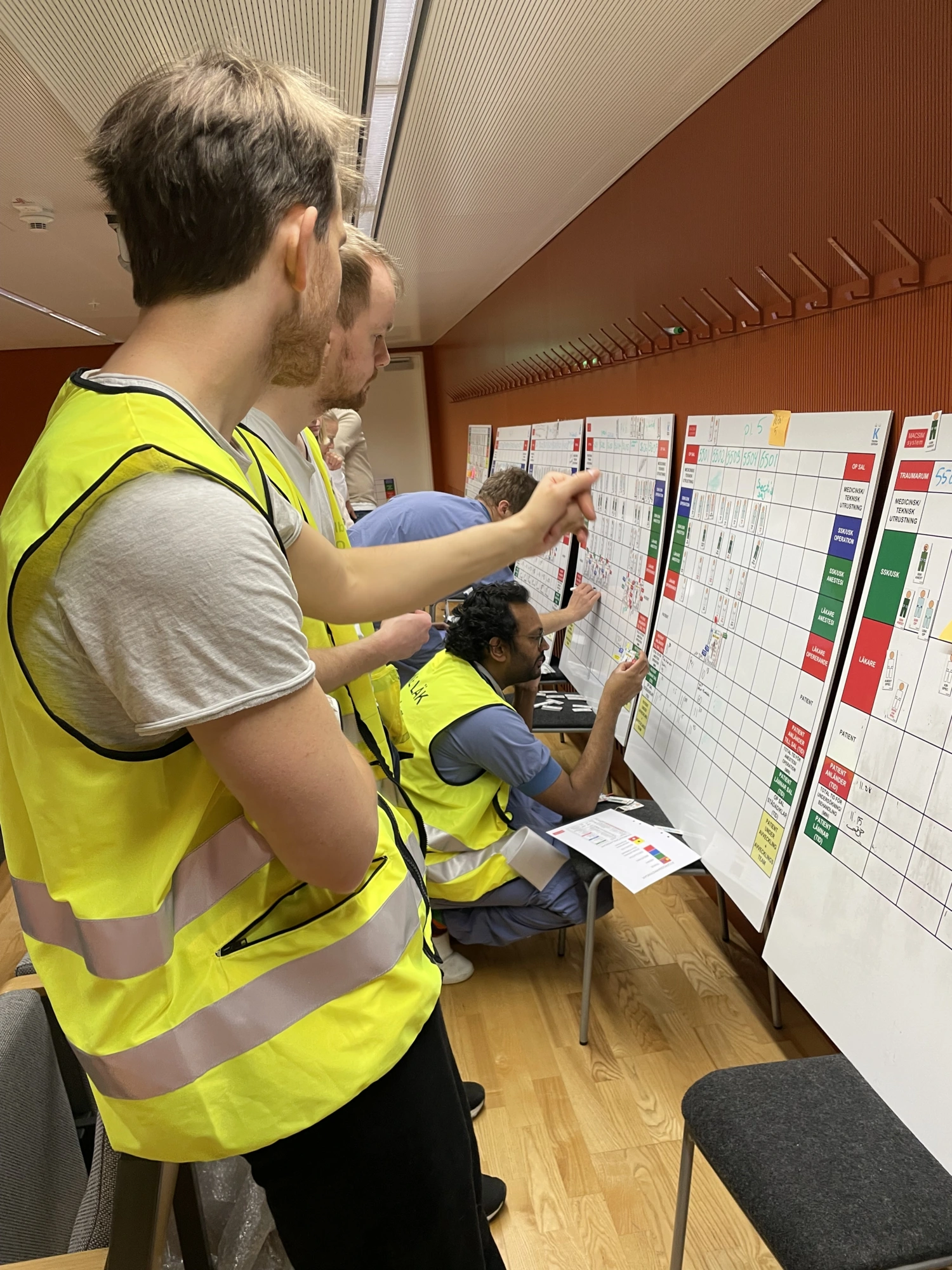Memorandum of Understanding (MoU) signed today in Berlin; final contract to be concluded later this year.
The agreement will be open to all member institutions of Projekt DEAL (700+ publically and privately funded academic and research organisations in Germany) which means substantially enhanced access to Springer Nature content for almost all of the German research landscape.
- Through the agreement, more than 13,000 articles by German scholars and scientists are expected to be published open access (OA) per year, making them freely and immediately available to the world and increasing visibility and usage of German research published by Springer Nature.
- The organisation of costs and services under this Transformative Agreement means researchers and students across all disciplines affiliated with the member institutions will be able to publish OA in the vast majority of the Springer Nature journal portfolio – around 2,500 Springer Nature hybrid and fully OA journals, as well as read the full contents of those journals including backfiles from 1997.
- Signing of the MoU signals a significant step in Springer Nature’s commitment to being a leading force in driving the transition to OA and a notable advance on Projekt DEAL’s objectives of granting German authors ever more opportunity to publish their research fully and immediately OA for scholars of the world to read and build upon while containing the overall cost of scholarly communication.
A Memorandum of Understanding (MoU) signed today between MPDL Services, on behalf of Projekt DEAL, and Springer Nature sets the scene for the world’s most comprehensive open access (OA) agreement to be finalised later this year.
Reaching such an understanding has been possible through acknowledgement of the common commitment of both parties to the principle of open science: Projekt DEAL’s vision and enablement of open access to German research on a large-scale and Springer Nature’s position as the largest OA publisher and their expertise as a pioneer of transformative deals. The agreement is expected to see well over 13,000 articles a year from German researchers published OA, meaning they will be freely and universally available for the world’s students, scholars and scientists to read, share, use and reuse from the moment of publication.
The transformative two-part agreement will encompass a fully OA element and a Publish and Read (PAR) element. This will enable eligible authors to publish OA in both Springer Nature’s fully OA journals, the largest OA portfolio in the world with over 600 titles, and Springer Nature’s collection of 1,900 hybrid journals, which collectively already publish one in four of all OA articles. In addition, the model provides the academic community of the participating institutions with permanent reading access to content in Springer, Palgrave, Adis, and Macmillan academic journals published during the term of the contract.
Key elements of the MoU:
- The final contract will run from 2020 to 2022 with an option to extend to 2023.
- For 2020, the PAR component is based on OA publication of at least 9,500 articles and grants participating institutions with permanent reading access to 1,900 journals in the Springer, Palgrave, Adis and Macmillan portfolios. The costs for reading access and OA publishing in the PAR component will be reflected in a per-article PAR fee of €2,750.
- Springer Nature will offer a 20% discount on the list price for OA publishing in BioMed Central and SpringerOpen titles for all institutions; list price increases of article processing charges will not exceed 3.5 % per journal title per year calculated based on the 2020 list price.
- The PAR element does not include Nature and Nature branded subscription journals or purely professional journals as well as magazines, such as Scientific American or Spektrum der Wissenschaft.
- Participating institutions will have complimentary backfile access to issues of included journals during the contract period back to 1997.
- Springer Nature and Projekt DEAL also aim to close the gaps in access to archive content from all Springer Nature journals covered by the MoU.
Commenting, Daniel Ropers, Chief Executive Officer of Springer Nature said: “It is a real privilege to be working with Projekt DEAL to transform research publishing in Germany. This arrangement has taken 3 years to finalise which reflects its scale and complexity, but we highly appreciate the leadership the German research institutions have shown, and in partnership we’ve been able to conclude this journey with a ground-breaking solution. The shared belief, commitment and openness of both parties has facilitated an understanding which is sustainable for both partners: for German research, as it enables scientists in Germany, whether from small or large institutes, whether from the physical, natural, applied or social sciences, and whether grant funding has been available or not, to publish OA with us. And for Springer Nature, as it facilitates faster growth, allowing us to benefit from our leading role in the open access migration as a partner to the research community.”
Prof. Dr. Horst Hippler, former President of the German Rectors’ Conference, speaker of the Steering Committee and head of Projekt DEAL commented: “We are very pleased to have come to an agreement that meets both core goals of Projekt DEAL: a fair pricing model and a shift towards open access. The long publishing history of Springer Nature is highly respected in the German research community and through this agreement the publisher has shown to be an innovative and open partner ready to deliver the solutions that are best for science and the scholarly endeavour. The emerging contract will thus significantly contribute to making research accessible in an affordable and sustainable manner. I would like to thank the many people involved in the negotiation process and the hundreds of institutions in our scientific community – universities, libraries, research institutions – who endowed Projekt DEAL with their trust and mandate for the negotiations on their behalf. I also thank the Max Planck Society for their support – not exclusively but especially – in the operational and legal aspects on the road to making the contract a reality. “








